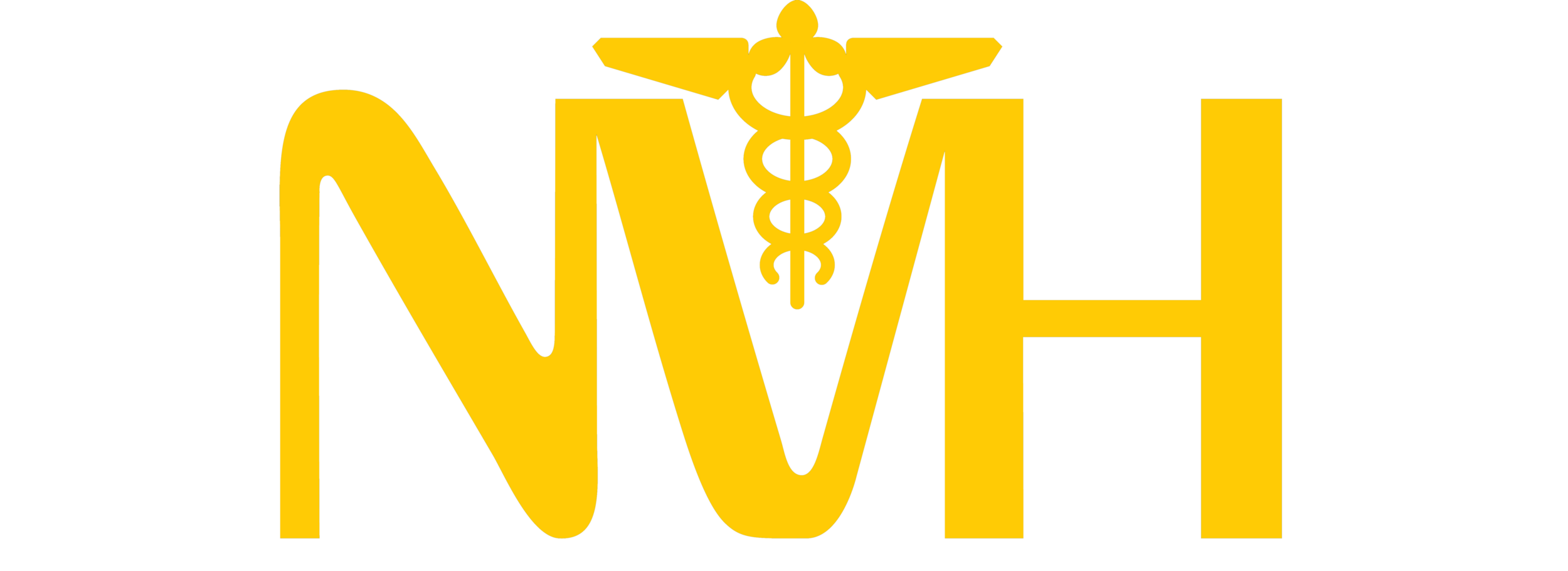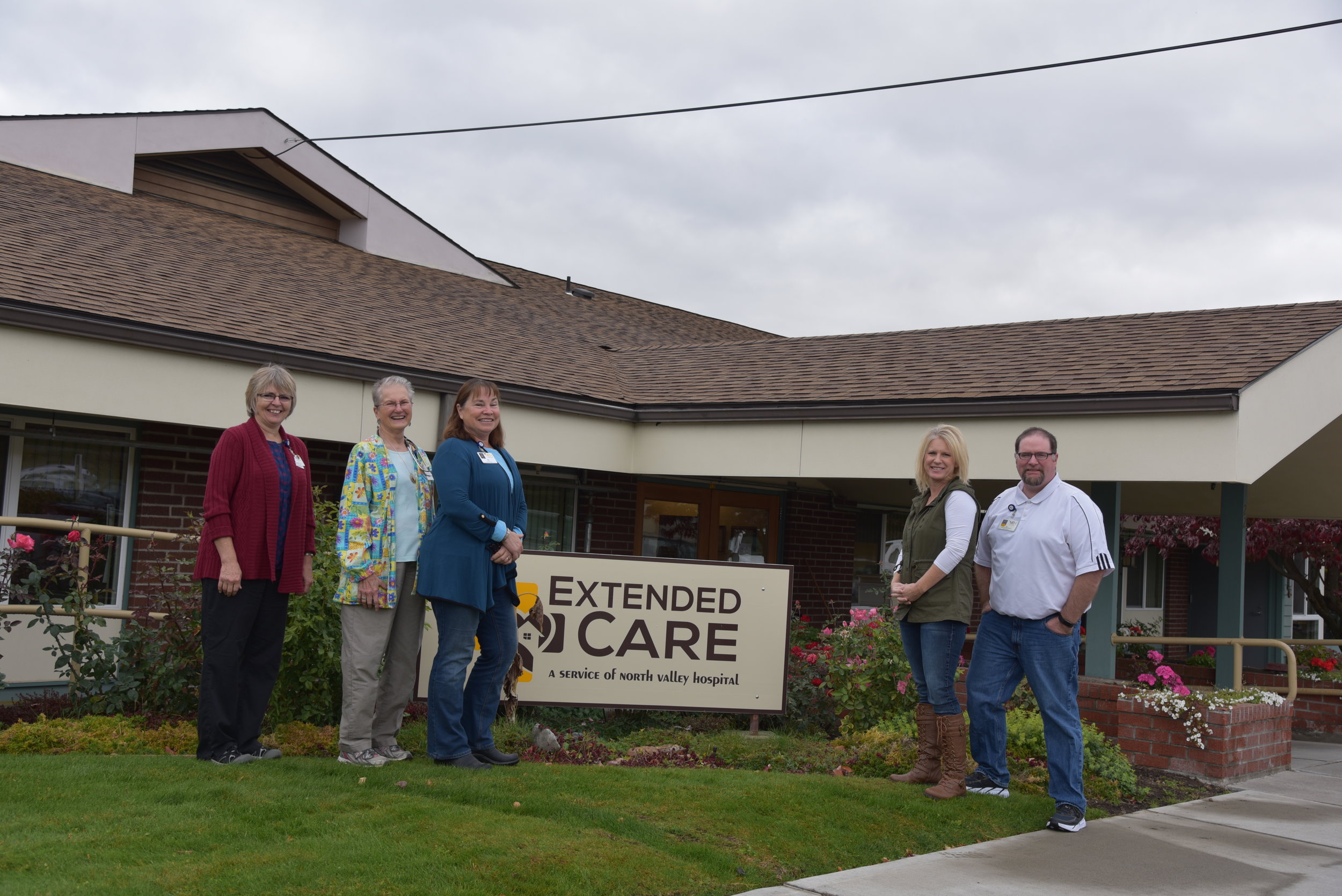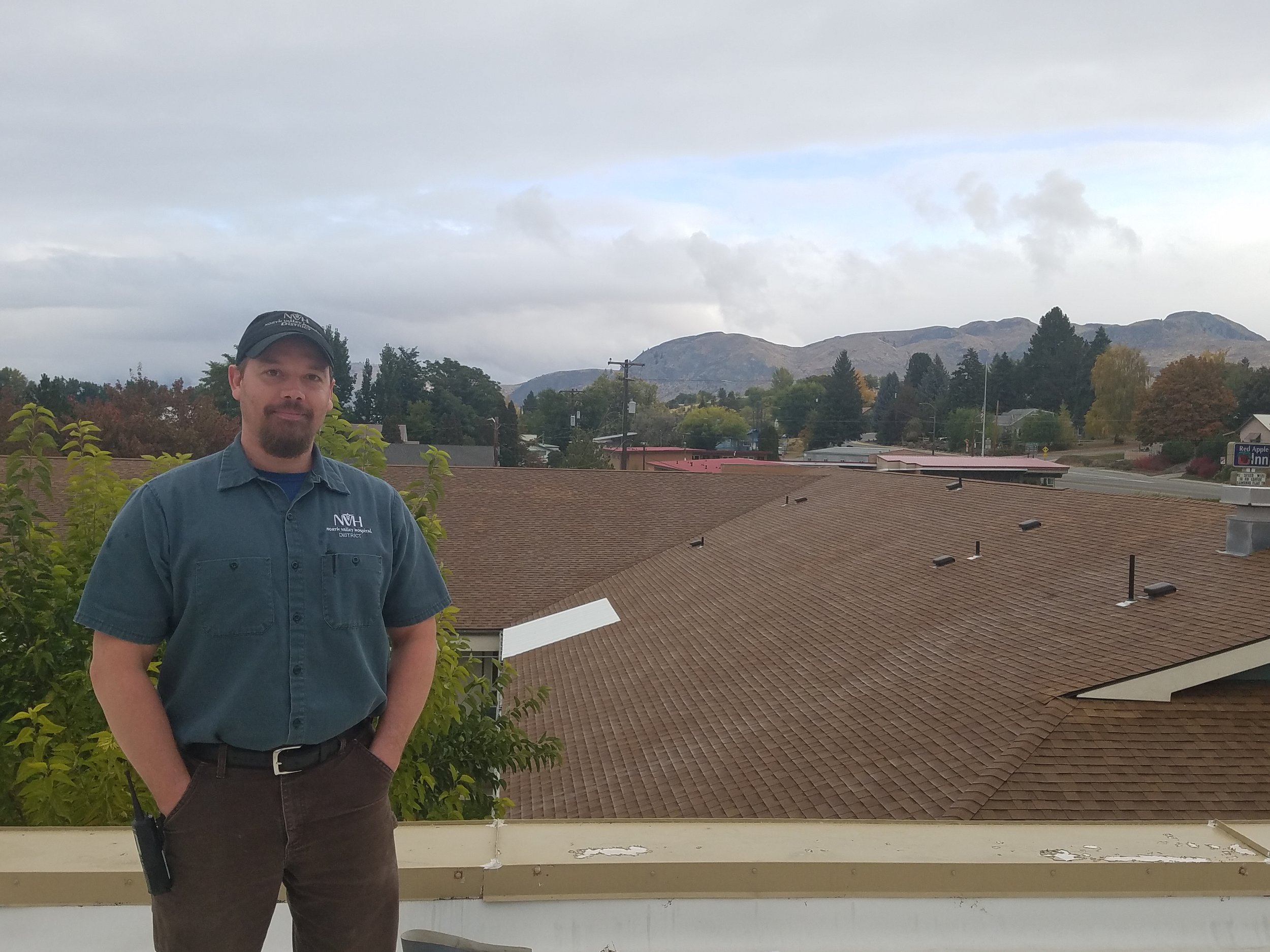North Valley Hospital (NVH) has recently been recognized for their commitment to Antimicrobial Stewardship by the Washington Department of Health. Antimicrobial Stewardship refers to coordinated interventions designed to improve and measure the appropriate use of antibiotics by promoting the selection of the optimal antimicrobial drug regimen, dose and duration of therapy and route of administration.
The prompt initiation of antibiotics to treat infections has been proven to save lives. However, 20-50% of all antibiotics prescribed in US acute care hospitals are either unnecessary of inappropriate. Patients who are unnecessarily exposed to antibiotics are placed at risk for serious adverse events with no clinical benefit.
The goal of the NVH Antimicrobial Stewardship Program is to optimize the treatment of infections and reduce adverse events associated with antibiotic use. Further goals of the program are to help clinicians improve the quality of patient care and improve patient safety through increased infection cure rates, reduced treatment failures and increased frequency of correct prescribing therapy and prophylaxis. Significant reductions in hospital rates of Clostridium difficile infections and antibiotic resistance are more goals of this program.
To be considered for the DOH Antimicrobial Stewardship Honor Roll NVH has proven that they meet or exceed the core elements of a hospital Antimicrobial Stewardship Program as outlined by the Centers for Disease Control (CDC).











